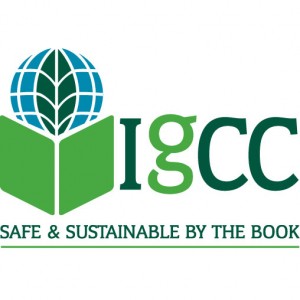
The International Green Construction Code is the first model code that includes sustainability measures for the entire construction project and its site — from design through construction, certificate of occupancy and beyond. The new code is expected to make buildings more efficient, reduce waste, and have a positive impact on health, safety and community welfare.
The IgCC creates a regulatory framework for new and existing buildings, establishing minimum green requirements for buildings and complementing voluntary rating systems which may extend beyond the customizable baseline of the IgCC. The code acts as an overlay to the existing set of International Codes, including provisions of the International Energy Conservation Code and ICC-700, the National Green Building Standard, and incorporates ASHRAE Standard 189.1 as an alternate path to compliance.
Green construction creates jobs and contributes to economic growth, according to the U.S. Green Building Council Green Jobs Study. In addition, there is no significant difference in the average life cycle cost for green buildings as compared to non-green buildings, according to research by the global construction consultants firm Davis Langdon.
Training, certification exams and contractor testing on the key elements of the IgCC are currently being offered by ICC, with additional professional development and technical support materials under development.
The IgCC offers flexibility to jurisdictions which adopt the code by establishing several levels of compliance, starting with the core provisions of the code, and then offering “jurisdictional requirement” options that can be customized to fit the needs of a local community. The jurisdiction can further encourage and recognize higher building performance by adopting the IgCC’s Project Electives appendix.
To ensure enforceability, the IgCC was reviewed by the same experts who develop building codes that officials enforce daily. Early versions of the IgCC released during the development of the code already have been put into use by states and jurisdictions demonstrating the need and demand for safe and sustainable construction.
The IgCC was developed using the governmental consensus process. The initial public version of the IgCC was developed over an eight month period by a 29-member Sustainable Building Technology Committee, with input from more than 100 Work Group members composed of experts in government, business and academia, code development and enforcement, architecture, building science, engineering, and environmental health.